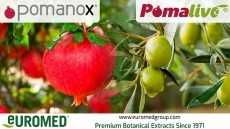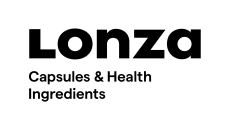Herbal supplement inhibits prostate cancer cells in lab
prostate cancer cells and induces prostate cancer cells to
self-destruct, according to new research.
The data, published in the October edition of Nutrition and Cancer (vol 52, issue 2, pp202-12), showed that Zyflamend reduces prostate cancer cell proliferation in vitro by as much as 78 percent.
The supplement contains extracts of rosemary, turmeric, ginger, holy basil, green tea, hu zhang, Chinese goldthread, barberry, oregano, and Baikal skullcap.
"These results were particularly surprising and show great promise in the fight against prostate cancer," said researcher Dr Debra Bemis of Columbia University's Department of Urology.
The positive results have prompted the Columbia researchers to launch a larger clinical trial to further investigate the initial findings.
The Phase 1 human trial will test Zyflamend's ability to prevent prostate cancer in patients with prostatic intraepithelial neoplasia (PIN), a clinical precursor for the disease. Without intervention, men diagnosed with PIN have a 50 to 70 percent likelihood of developing prostate cancer.
The laboratory research suggests that although Zyflamend has COX-1 and COX-2 anti-inflammatory effects, shown in other substances to inhibit cancers, the herbal's anti-cancer effects were independent of COX-2 inhibition. It is thought that some prostate cancer cells are not affected by COX-2 inflammation.
Dr Bemis added: "Zyflamend is derived from natural herbal sources and is readily available in health food and nutritional supplement stores. Given the impressive data we're reporting, Zyflamend is a potentially more convenient and desirable means to target the enormous population that is susceptible to prostate cancer."
Mark Blumenthal, founder and executive director of the non-profit American Botanical Council, commented: "With so many people using herbal supplements for their health, new research documenting their safety and benefits is encouraged and welcomed."










